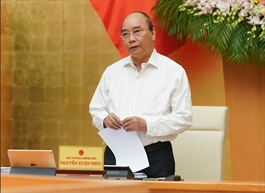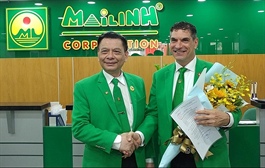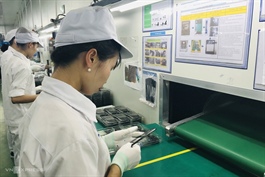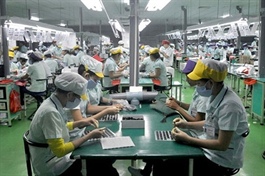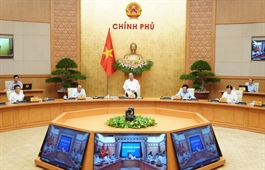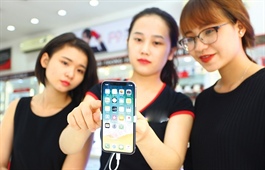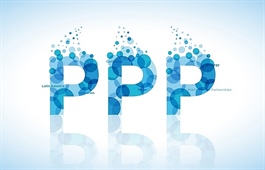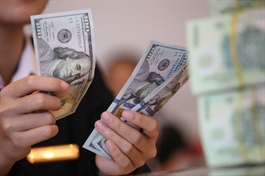Grab and Gojek come closer to merger deal
Grab and Gojek come closer to merger deal
The merger between the two tech unicorns Grab and Gojek may be concluded soon as the investors of both parties are urging to complete the deal.
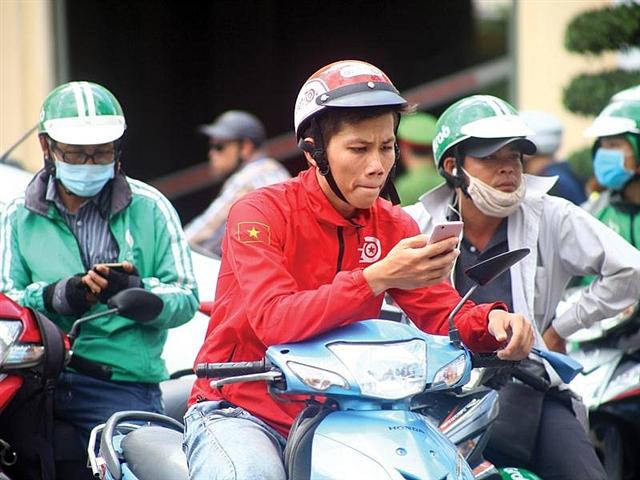
Grab and Gojek are getting closer to agreeing on a merger
|
According to newswire DealStreetAsia, at the beginning, the deal faced numerous barriers, including the Law on Competition and opposition from authorities.
In the past months, leaders of Grab and Gojek have been working with each other to negotiate the deal, showing their determination.
DealStreetAsia’s source shared that SoftBank and other financial investors are looking for solutions to accelerate the deal’s completion.
At present, there is no information about the ownership rates of the two parties in the joint venture. Gojek proposed a 50:50 ratio, while Grab wants to hold a controlling ratio.
These two tech unicorns are backed by giants like SoftBank, Microsoft, Toyota, Honda for Grab, and Google, Temasek, Mitsubishi, and Samsung for Gojek. In addition, Visa poured money in both companies. At present, the two companies are valued at over $10 billion each.
Gojek is a tech startup established in 2010 which mobilised $3 billion after 12 rounds of investment call. It is negotiating its Series F funding round with the expectation of mobilising $2.5 billion.
Meanwhile, Grab acquired $9 billion from 29 rounds of investment. In 2018, it purchased Uber’s operations across Southeast Asia, including Vietnam. The merger with Gojek raised concerns about a potential illegal economic concentration. Previously, the merger was earlier judged as anti-competitive by the Competition and Consumer Commission of Singapore, which fined the parties to a combined S$13 million ($9.5 million).
Meanwhile, the Philippine Competition Commission has approved the merger in August 2018, with conditions related to pricing and service quality. Two months later, the watchdog imposed a penalty of nearly $300,000 on Grab and Uber for violating the conditions.
However, in Vietnam, the Vietnam Competition Authority concluded that the acquisition was not an illegal economic concentration under Article 17 of the Law on Competition.







